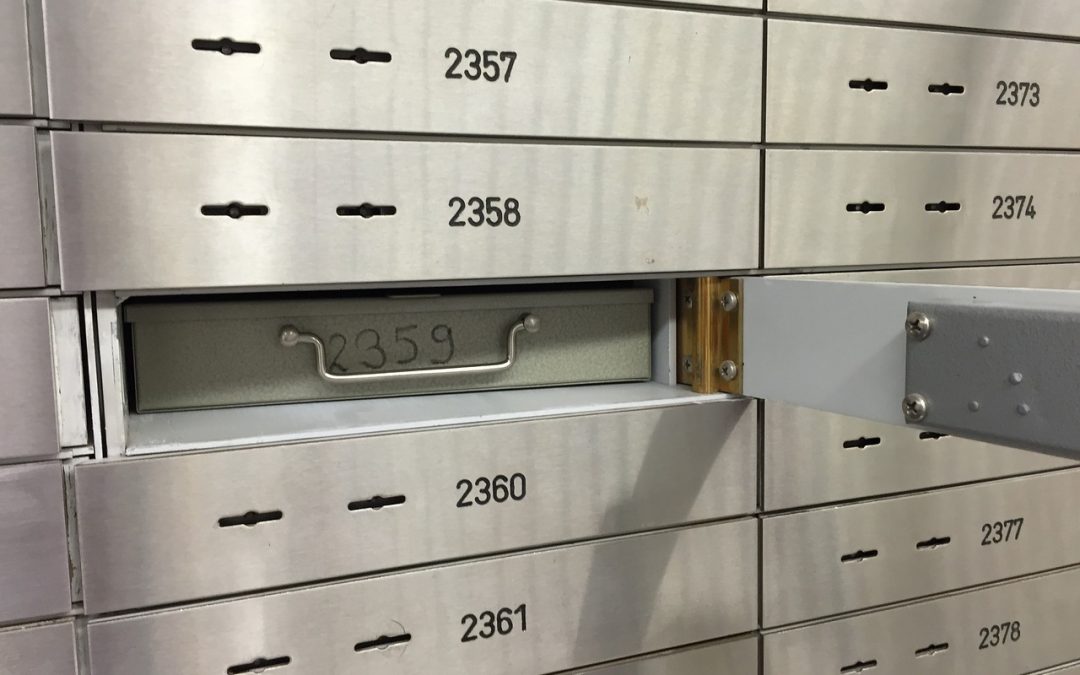Offshore bank accounts provide a number of benefits, offering ways to boost your financial privacy and protect your assets. However, without careful help and planning, it is easy to run afoul of tax laws and reporting requirements. Avoid these common mistakes to steer clear of legal issues.
1. Failing to File an FBAR (Foreign Bank Account Report)
Perhaps one of the most common and serious offenses is failing to file an FBAR when the law requires it. The United States has strict reporting requirements for foreign assets. Anyone with a financial interest in a foreign account(s) with an aggregate value of $10,000 at any point in the year must file an FBAR each year. This includes non-U.S. citizens that meet certain IRS requirements. Civil penalties for willful failure to file a report is the greater of $100,000 or half of the highest account balance for each year. You could also be facing criminal penalties of up to 5 years in prison and a fine of up to $250,000, and potentially more if you’re violating any other law of the United States, such as knowingly hiding assets for the purpose of tax evasion.
2. Being Unaware of the Laws in Your Offshore Jurisdiction
It’s crucial to do your due diligence before setting up an offshore account or business. Each country has its own laws, reporting requirements, and limits that you must take into account before deciding where to set up an account. This isn’t a decision to rush.
3. Not Reporting Beneficial Ownership
Not reporting any beneficial ownership interest you may have is another mistake that’s easy to make if you’re unfamiliar with reporting requirements. It’s obvious that you have to report offshore accounts and assets that are in your name. However, you must also report any accounts of which you are a beneficial owner or have a beneficial interest in.. For example, if you have $15,000 of money in a friend’s offshore account, you have to report it. This is true even if the account is not tied to your name in any way.
4. Forgetting About Nontraditional Accounts
Many people don’t know that they have to file FBARs, not only for conventional bank accounts, but also for non-traditional accounts. This includes offshore retirement accounts, life insurance policies, and annuities with cash value.
5. Trying to Handle Violations Alone
If you’ve been charged with violations or received a notice that you are out of compliance, you may consider trying to negotiate a resolution on your own or choosing the quickest, most convenient solution. However, there is a lot at stake here, and negotiating a “quick” or “easy” solution by yourself is not always the best option. The federal government imposes heavy penalties on those who are out of compliance with their offshore accounts, whether or not your noncompliance is willful. Check out the IRS website for news releases of individuals charged with offshore tax-avoidance and the IRS’ compliance efforts. (https://www.irs.gov/newsroom/offshore-tax-avoidance-and-irs-compliance-efforts).
It’s important to work with an experienced attorney who can minimize the financial consequences and potential criminal charges of noncompliance. If you are out of compliance with your offshore bank accounts, you need a lawyer with extensive experience in this complicated area of law. Find out what your next step is and contact Puglisi Law at (305) 403-8063.



